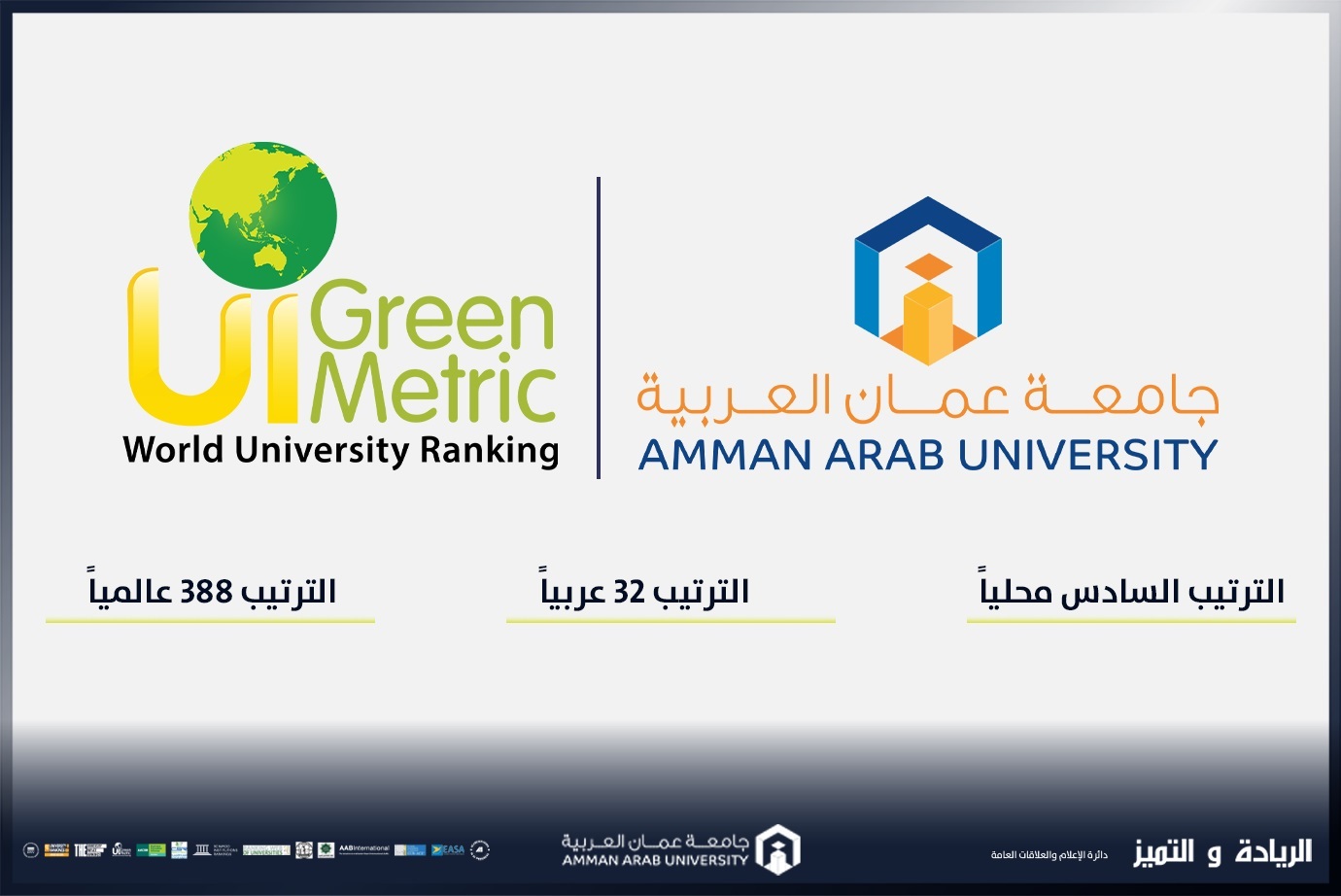Universities and the Concept of Competitiveness
By: Prof. Dr. Younes Megdadi, Amman Arab University
Since the beginning of the last decade, there has been a clear shift in the orientations of the Jordanian universities governance towards many files, which some considered a crucial challenge for the future of universities and aimed at enhancing their position and sustainable presence in the university academic educational community locally, regionally and globally, and what is happening comes as a result of many changes that have occurred in the education sector. universities all over the world, whose goal was to consolidate the culture and concepts of competitiveness, based on the fundamental change of the inputs and outputs of universities in line with developments at all levels, in the interest of everyone for the survival and sustainability of universities, but in a new dress and away from traditional concepts in university management and academic orientations.
This shift towards competitiveness by removing it has become noticeably imposed on the decisions of the governing councils in academic and administrative universities under various names, including academic quality, academic classification, accreditations for local and international academic programs, academic partnerships, graduate employment and others in response to global developments in the university education sector, despite Some people did not believe in it, but as a whole it constituted a fundamental shift in the orientations of universities and official higher education institutions as an official organizer of universities, according to strategic visions that seek to direct public and private universities towards starting and seriously engaging in the battle of those files and fulfilling their requirements to raise the level of competitiveness of universities with their regional and global counterparts.
One of the most prominent and most important evidence of universities’ competitive outcomes, which is known to all, is the employment file for graduates, which is one of the most important criteria indicating the ability of universities and their academic programs to respond to the requirements of the labor market, starting from the competitive capabilities of graduates by acquiring the available opportunities that expressly express the competitive capabilities of universities, which in turn govern and distinguish what Between graduates of one university and another, regardless of whether it is governmental or private. This file has become a preoccupation for university administrations around the world.
According to many observers and academic experts who had opinions and articles in this context believes that our universities are in dire need to establish a culture based on the concept and principles of competitiveness in all aspects of academic and administrative work in universities to be a primary priority on the priorities of university governance to enable them From raising its competitive position, which requires a real translation process for this priority, including after consideration and objective analysis of all these files and their requirements, starting with assigning academic leaders with extensive experience with future academic aspirations and not running leaders, not to mention a radical change of the prevailing thought and adherence to traditional academic concepts and tools, the periodic evaluation of the effectiveness of academic programs and their outputs, the development of teaching methods, the development of study plans and their outputs, the promotion of a culture of creativity and innovation within specialized programs that motivate students and their academic and administrative staff, the provision of an attractive academic and educational environment in all university facilities, the review of admission policies, as well as the modification of criteria and conditions for recruitment for its academic staff administrative and others, which are considered the real core of the concept and principles of competitiveness to enable universities to break the bottleneck to wear a new dress that reflects their competitive attractiveness, referred to as the most prominent regionally and globally.
With these modest recommendations, we always look forward to everyone as partners in guiding the compass of universities towards working with the concept of competitiveness and its culture, to be able to adapt to the requirements of academic competitiveness and to highlight its bright identity in a more realistic and harmonious manner, in order to ensure its competitive position and sustainable presence in the academic community locally, regionally and global.







